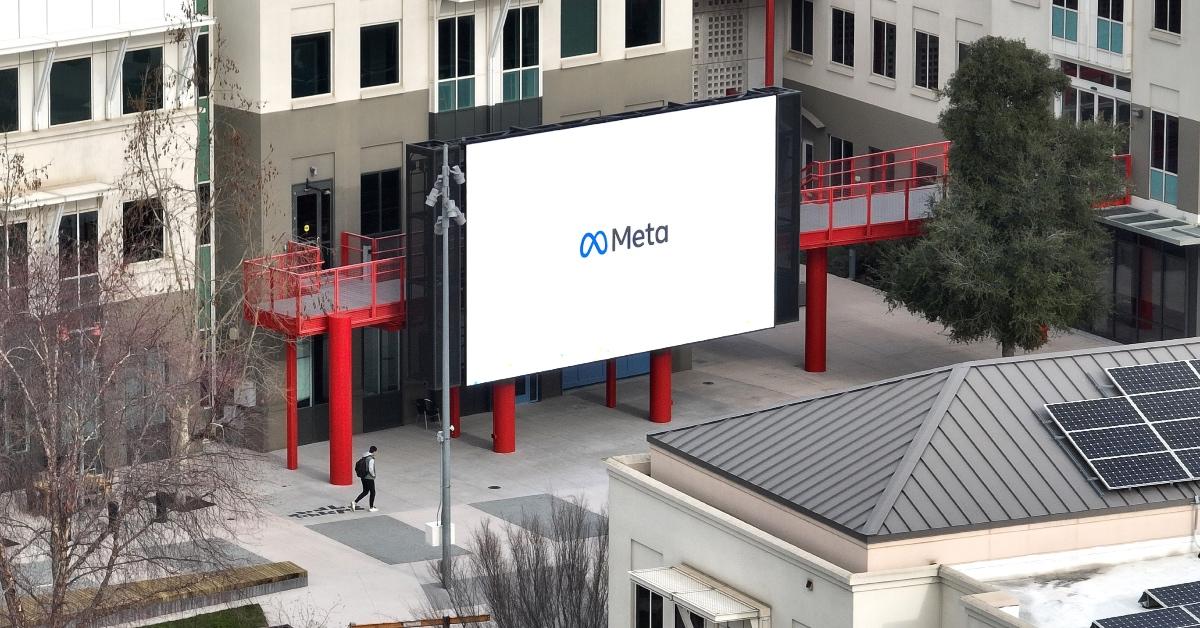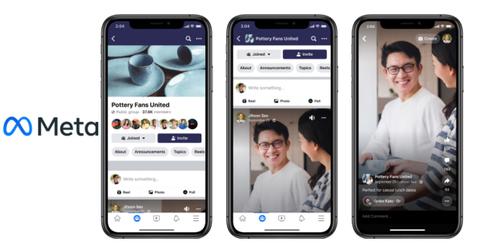Is Facebook a Private Company? Key Differences Between Public and Private Companies
Facebook is a publicly held company that trades on the Nasdaq. What are the key differences between a public and private company? Let's investigate.
March 30 2023, Updated 11:51 a.m. ET
Facebook, the social media and social networking giant founded by Mark Zuckerberg, was a private company from 2004 until 2012. In 2012, Facebook's IPO debuted at a price of $38 per share. The company has since been renamed to Meta, and its stock trades at around $206 per share (as of March 30, 2023).
Now, that you know Facebook is a publicly traded company, it's good to know the difference between a public and private company (we'll get into that down below).
When Facebook first went public, its common stock traded on the Nasdaq under the ticker symbol "FB." At the time of its IPO, Facebook was the largest technology IPO in U.S. history. Initially, the stock dropped for several months, but the price has steadily climbed back up. Today, you can find Facebook stock trading under the ticker symbol "META."
Read on for a breakdown on the key differences between a public and private company and why Facebook's status as a public entity matters.
What is the difference between public and private companies?

Facebook is now a public company. What does that mean?
When people question whether a company is private or public, they are referring to the company's ownership. A privately-held company is owned privately — usually by a small number of individuals like founders, managers, or private investor groups. The average individual doesn’t have access to buy any portion of a private company.
A publicly-held company has sold all or a sizable portion of its stock to the public market. An IPO is the process of a company “going public” on an exchange like the Nasdaq or NYSE. Selling shares to the public is a way for companies to raise capital to fund additional growth.
Being privately held doesn't necessarily mean that the company is small. For example, some large U.S. companies that are still privately-held include Chick-Fil-A, State Farm, and Mars Inc., according to The Balance.
The valuation is another key difference between private and public companies. It’s easier to determine the value of public companies due to reporting requirements and other readily available data.
What rules govern private and public companies?
Unlike publicly-held companies, private companies aren't subject to as many regulations. A public company is required to follow SEC regulations. The regulations include making financial records available to investors on a quarterly basis and providing annual reports.
For public companies, company activities are also open to the public. The Balance explains that “their activities and the price of the stock are analyzed, and the activities of executives and board members are scrutinized.” Also, the media may attend shareholder meetings.
A private company might keep many of its dealings under wraps. Board members can make company decisions with relative ease and speed since they aren't subject to public shareholder approval.
A major advantage of a company being public is the ability to spread out risk among a large number of investors. In contrast, a private company might only be held by a handful of investors. Another advantage is that public companies, like Facebook, can raise funds through the public capital markets.
What's the difference between 'public' and 'government'?
Often, people use the term “public” interchangeably with “government” when referring to companies. This can be misleading because a public company means that shares of the company are able to be bought and sold on the public market. These companies are also more heavily regulated by government entities like the SEC, but the government doesn't own them.

Meta campus in Menlo Park, Calif.
Who owns Facebook?
Because Facebook is public, it has many owners (and owns many companies). The majority of Facebook’s owners are mutual fund holders (44.57 percent), per CNN Business. Only 1.97 percent of individual stakeholders possess ownership of the company. Some of Meta’s top shareholders include The Vanguard Group, Inc., Fidelity Management & Research Co., BlackRock Fund Advisors, and SSgA Funds Management, Inc.
Knowing who owns a company and where it gets its funding from can help users decide whether they want to continue supporting it or stray away.

